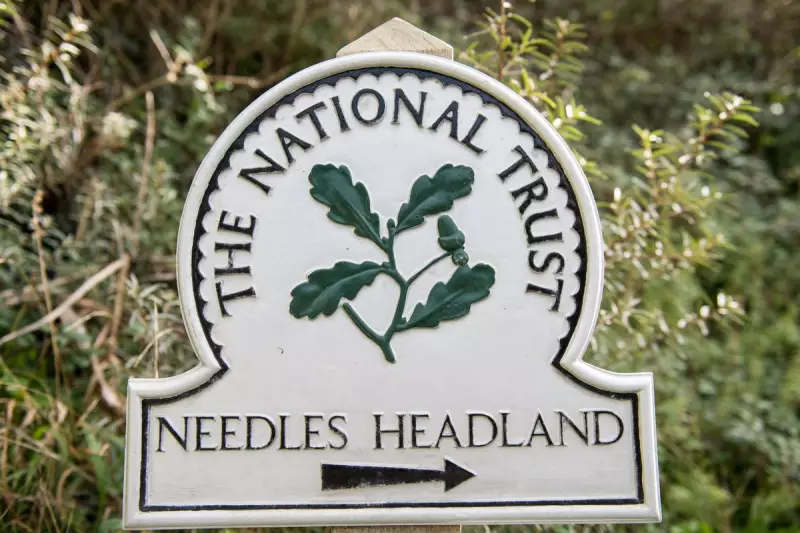
The National Trust, one of Britain's most revered heritage guardians, is leveraging a contentious legal exemption to sell significant artworks from its world-class collections, an investigation by The Independent can reveal.
The charity, which manages a vast portfolio of historic properties and their contents, is exploiting a clause that allows museums to deaccession items if the funds are directly reinvested into the care of their collection. This manoeuvre allows them to circumvent the stringent rules that typically prevent accredited museums from selling donated or bequeathed items.
A Controversial Interpretation
This practice has ignited a fierce debate within the arts community. Critics argue that the Trust's actions betray its core mission to preserve the nation's heritage for public benefit. They contend that selling paintings, often given in good faith by donors, sets a dangerous precedent and undermines the integrity of the UK's museum sector.
The Trust, however, defends its position. A spokesperson stated that any funds raised are solely used to support the conservation and acquisition of other items, ensuring the long-term sustainability of their vast and expensive-to-maintain collections. They maintain this is a responsible form of collection management, not a betrayal of duty.
The Ripples of a Sale
The revelation raises profound questions about the future of publicly-owned art. If an institution as powerful and well-funded as the National Trust feels compelled to sell assets, what does it signal for smaller, less secure regional museums? Arts leaders fear this could open the floodgates, encouraging other institutions to liquidate parts of their collection to cover operational costs.
The ethical guidelines from the Museums Association are clear: selling items from a collection should be an absolute last resort. The fact that a legal technicality enables this activity does not necessarily make it ethically sound, creating a significant rift between what is lawful and what is considered morally right by the sector's own standards.
Public Trust on the Line
At the heart of the controversy is the issue of public trust. Donors and benefactors have gifted items for generations with the belief they would be preserved in perpetuity. This strategy risks eroding that confidence, potentially drying up a vital future pipeline of philanthropy and gifts.
The debate is set to intensify as the arts sector grapples with funding pressures in a challenging economic climate. The actions of the National Trust, a cornerstone of British cultural life, are now under intense scrutiny, with many watching to see if this becomes an isolated incident or a troubling new trend.





